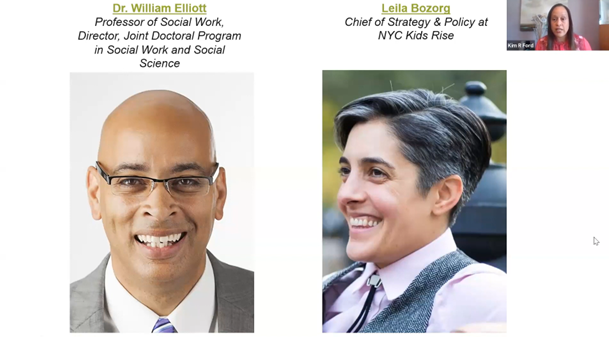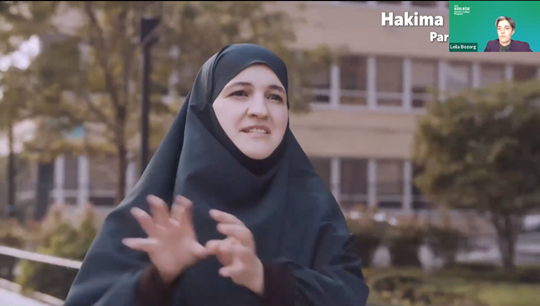The Brilliant Futures program will provide up to $1,000 per year from kindergarten through 12th grade to students at Bradbury Heights and Jackson Road Elementary Schools
The Greater Washington Community Foundation is excited to announce the launch of Brilliant Futures, a children’s savings pilot program that will provide students at two schools with up to $1,000 each year from kindergarten through 12th grade. Upon graduating high school (or equivalent by age 24), the students will be able to put their savings toward ongoing education and training or to pursue other income- or wealth-generating opportunities, such as buying a home or starting a business.
The Community Foundation has partnered with Montgomery County Public Schools and Prince George’s County Public Schools to launch the pilot program for all kindergarteners currently enrolled at Jackson Road Elementary School in the White Oak neighborhood of Silver Spring, MD in Montgomery County and next year’s kindergarteners at Bradbury Heights Elementary School in Capitol Heights, MD in Prince George’s County.
The Community Foundation has committed to funding the program for two consecutive kindergarten cohorts at each school. The program is expected to enroll up to 400 students. The participant population is 90% Black, Latinx, and Hispanic with all students eligible for free and reduced meal service (FARMS). The schools were selected in alignment with The Community Foundation's strategic focus on high opportunity priority neighborhoods across the region where residents are experiencing the deepest disparities in homeownership, income, and life expectancy, according to several data sources.
“Expanding the possibilities not just for one, but for an entire community of young people can move us toward our vision of narrowing the racial wealth gap in our region,” said Tonia Wellons, president & CEO of the Greater Washington Community Foundation. “We are confident that children’s savings will help us reshape how and where resources flow in our communities so that we can build more equitable systems which lead to a more resilient and prosperous region for all.”
The pilot program will be funded using $10 million of contributions raised by The Community Foundation’s “Together, We Prosper Campaign for Economic Justice” and through investments from generous donors. Upon completing high school, the goal is for each student to have access to at least $13,000, plus any investment earnings, that they can use to seed their future aspirations.















"We are proud to be a part of such a transformative and innovative program that provides an investment that every student in the nation deserves," said Interim Superintendent of Montgomery County Public Schools, Dr. Monique Felder. “When these young people graduate high school, they will immediately have a strong cornerstone upon which to build a prosperous life whether they choose to go straight into the workforce, higher education or entrepreneurship."
Researchers for the Annie E. Casey Foundation have found, through economic modeling, that having an asset such as a children’s savings account can close the racial wealth gap in a community by as much as 28%.
“We’ve seen the transformative impacts of well-executed programs that provide savings for young people and adults alike,” said Superintendent Milliard House II from Prince George’s County Public Schools. “We hope that by supporting students with a down payment on life, whether that goes toward funding a college tuition, starting a small business, or buying a house, this program will level the playing field, promoting racial and financial equity in the Greater Washington region.”
“At Jackson Road, we recognize the need to address the whole child—in and out of the classroom,” said Ms. Rosario Paola Velasquez, Principal of Jackson Road Elementary School. “We take a community-centered approach and wrap our arms around this community.”
The Greater Washington Community Foundation will work with the schools as well as with community partners Reid Community Development Corporation in Prince George’s County and Parent Encouragement Program in Montgomery County to manage the program.
To learn more, visit www.thecommunityfoundation.org/brilliant-futures.





